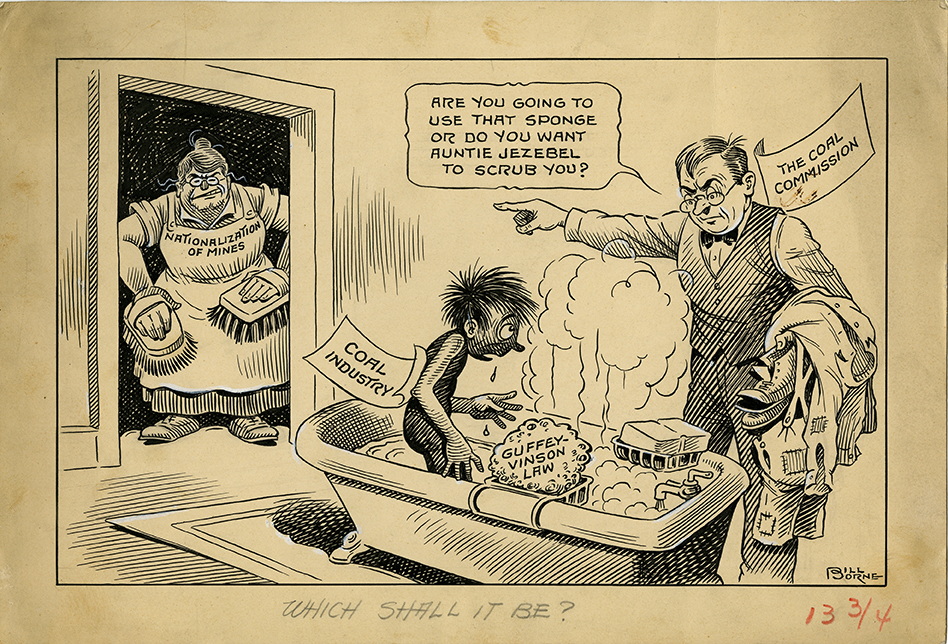WVU Libraries collaborates in Digital Virginias initiative
Posted by Monte Maxwell.January 9th, 2019

Although Virginia split into two separate states in 1863, West Virginia University Libraries and organizations from Virginia are uniting as part of the Digital Public Library of America’s (DPLA) new Digital Virginias service hub.
Digital Virginias, consisting of institutions from both Virginia and West Virginia, offers more than 58,000 items from historical and cultural collections for research and exploration. Read more about the service hub, including how to get involved, at digitalvirginias.org.
“We are thrilled to be part of DPLA’s tremendous initiative,” WVU Libraries Dean Karen Diaz said. “Digital Virginias will be a valuable resource to people living in Virginia and West Virginia and anyone who wants to delve into the history of both states.”
Initially, the collaboration includes the University of Virginia, George Mason University, the College of William and Mary, Virginia Commonwealth University, Virginia Tech, and WVU. Plans call for bringing in additional regional partners in 2019.
WVU Libraries’ initial contribution includes 6,759 items from the West Virginia and Regional History Center’s Rush Dew Holt Collection, Clarysville Civil War Hospital Digital Collection, George Bird Evans Collection, International Association for Identification Collection, Francis H. Pierpont Civil War Telegrams Collection, Congressman Nick Joe Rahall II Collection, and Senator John Davison (Jay) Rockefeller IV Collection.
DPLA is spotlighting the Holt Collection. In 1934, at age 29, Holt became the youngest person ever elected to the United States Senate, a distinction he continues to hold to this day. Though his term was to begin on January 3, 1935, Senator Holt was literally too young to serve. Holt became the real life model for the role of Senator Jefferson Smith as portrayed by actor Jimmy Stewart in “Mr. Smith Goes to Washington.” Also, he was the subject of literally hundreds of political cartoons in newspapers across America, and the originals of many ended up at the WVRHC.
Other Digital Virginia highlights include:
Jackson Davis Collection of African American Educational Photographs
Jackson Davis, an educational reformer and amateur photographer, took nearly 6,000 photographs of African American schools, teachers, and students throughout the southeastern United States. His photographs—most intended to demonstrate the wretched conditions of segregated and unequal African American schools in the South and to show how they could be improved—provide a unique view of southern education during the first half of the 20th century.
James Monroe Project
James Monroe, an American statesman and Founding Father, served as the fifth president of the United States from 1817 to 1825. The James Monroe Project brings together more than 300 manuscripts from six distinct collections held by the William & Mary Libraries Special Collections Research Center.
Farmville 1963 Civil Rights Protests
During the summer of 1963, civil rights activists staged a number of protests in Farmville, Va., the county seat of Prince Edward County, demanding equality and an end to racial segregation and injustice. This collection of 491 photographs from Virginia Commonwealth University Libraries shows dozens of Prince Edward County African American students and others using an array of protest tactics to draw attention to racial discrimination.
Barter Theatre Archives
The Barter Theatre in Abingdon, Va. has been a cultural mainstay in southwestern Virginia since its beginning in 1933 when Robert Porterfield, a charismatic young actor and southwest Virginia native, brought a group of professional actors to Abingdon. Opening in the Great Depression, the theatre got its name from its practice of allowing audiences to barter food for admission to the theatre. The Barter Theatre Archives collection, made accessible with support from Virginia Tech Libraries Digital Imaging & Preservation Services, includes more than 200 programs, posters, and news clippings.
More information about the Digital Virginias service hub is available on the DPLA website.





